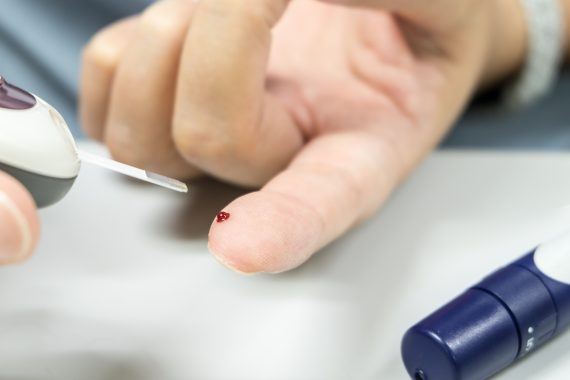People with both pre-diabetes and depression are nearly three times more at risk of developing dementia in later life, according to a new study.
In the first investigation of its kind scientists followed 3,458 adults over 50 for up to ten years.
They said their findings highlight the importance of considering the mental health of people with diabetic conditions.
They split the participants from the English Longitudinal Study of Aging into six groups, depending on whether they had diabetes, pre-diabetes and depression or a combination.
Their research is being presented at the Diabetes UK Professional Conference in London today .
Their findings confirmed that depression and diabetes were risk factors for dementia.
They also suggest that people with both depression and pre-diabetes were nearly three times as likely to develop the serious progressive neurological disorder than those with neither condition.
Lead author Dr Kimberley Smith from the University of Surrey said there is already is evidence that links the co-occurrence of depression and diabetes with dementia.
She said the study’s findings ‘are further evidence of considering the importance of poor mental health in people with pre-diabetes and diabetes’.
Diabetes UK research director Dr Elizabeth Robertson said: ‘More research is now needed to understand why this potential connection could exist, and what can be done to reduce the risk of dementia in as many people as possible.’
She said people can take steps to reduce their risk of both Type 2 diabetes and dementia.
These include maintaining a healthy weight and eating a balanced diet, limiting their alcohol intake, avoiding smoking, keeping blood pressure in check and taking regular exercise.
















